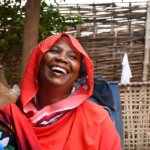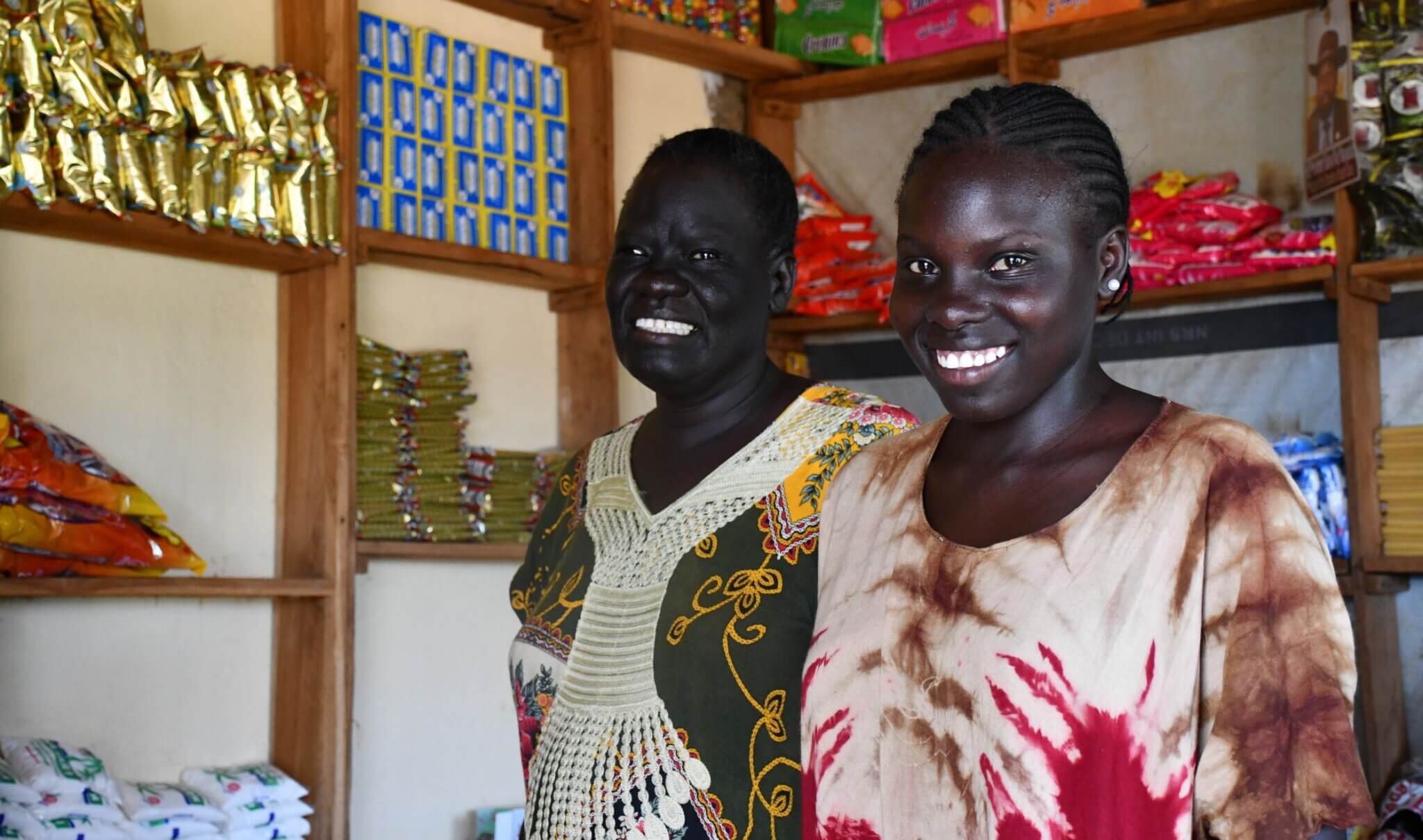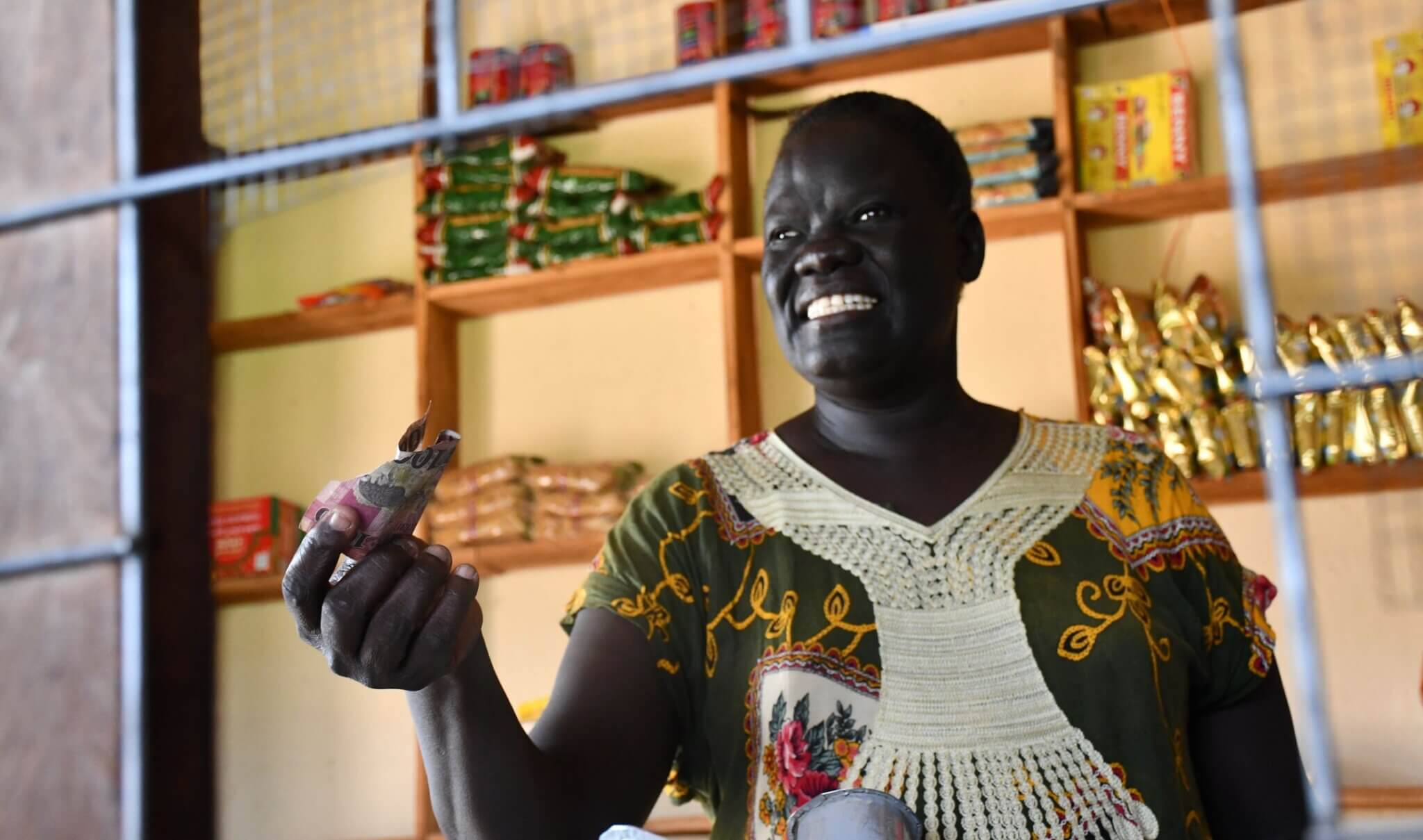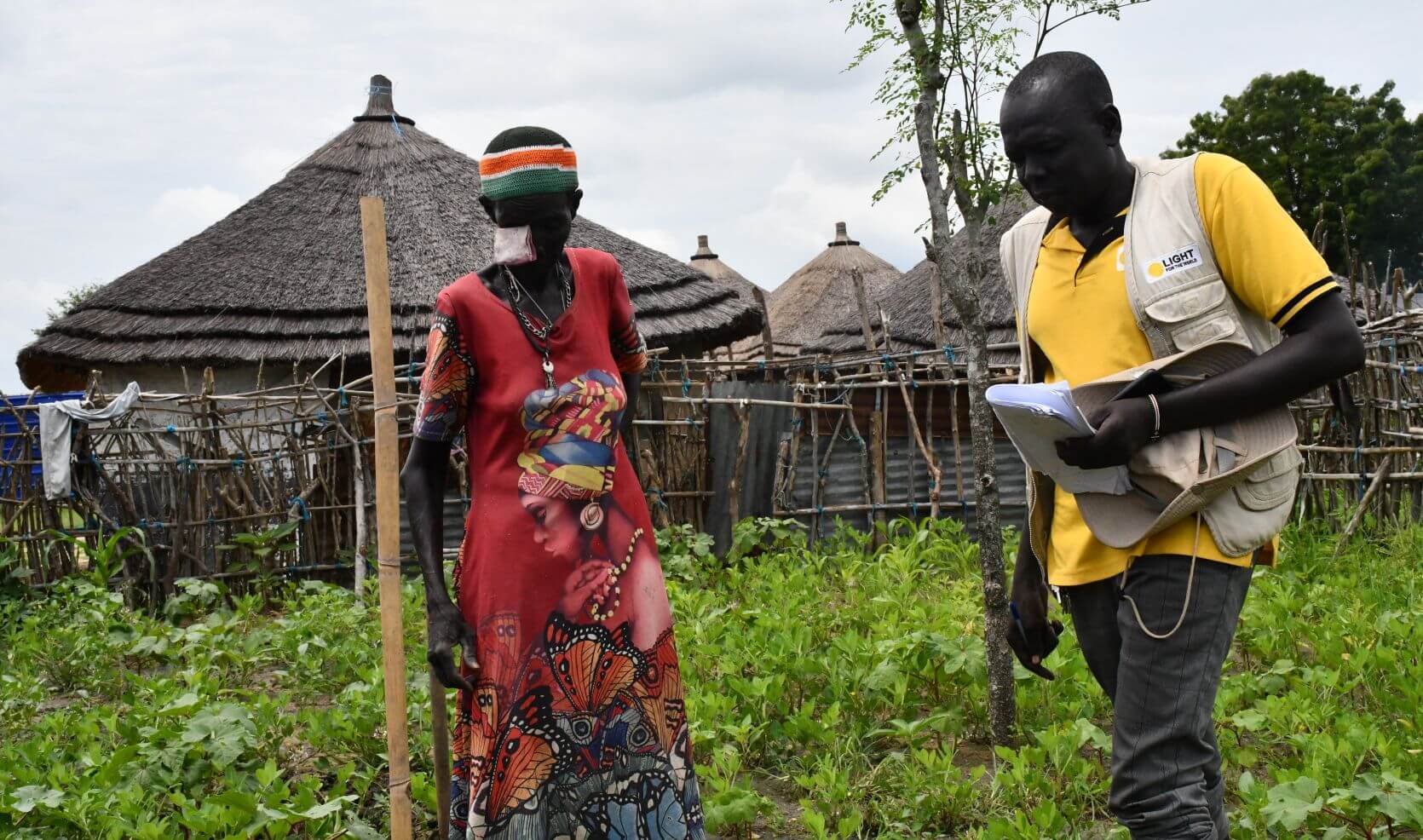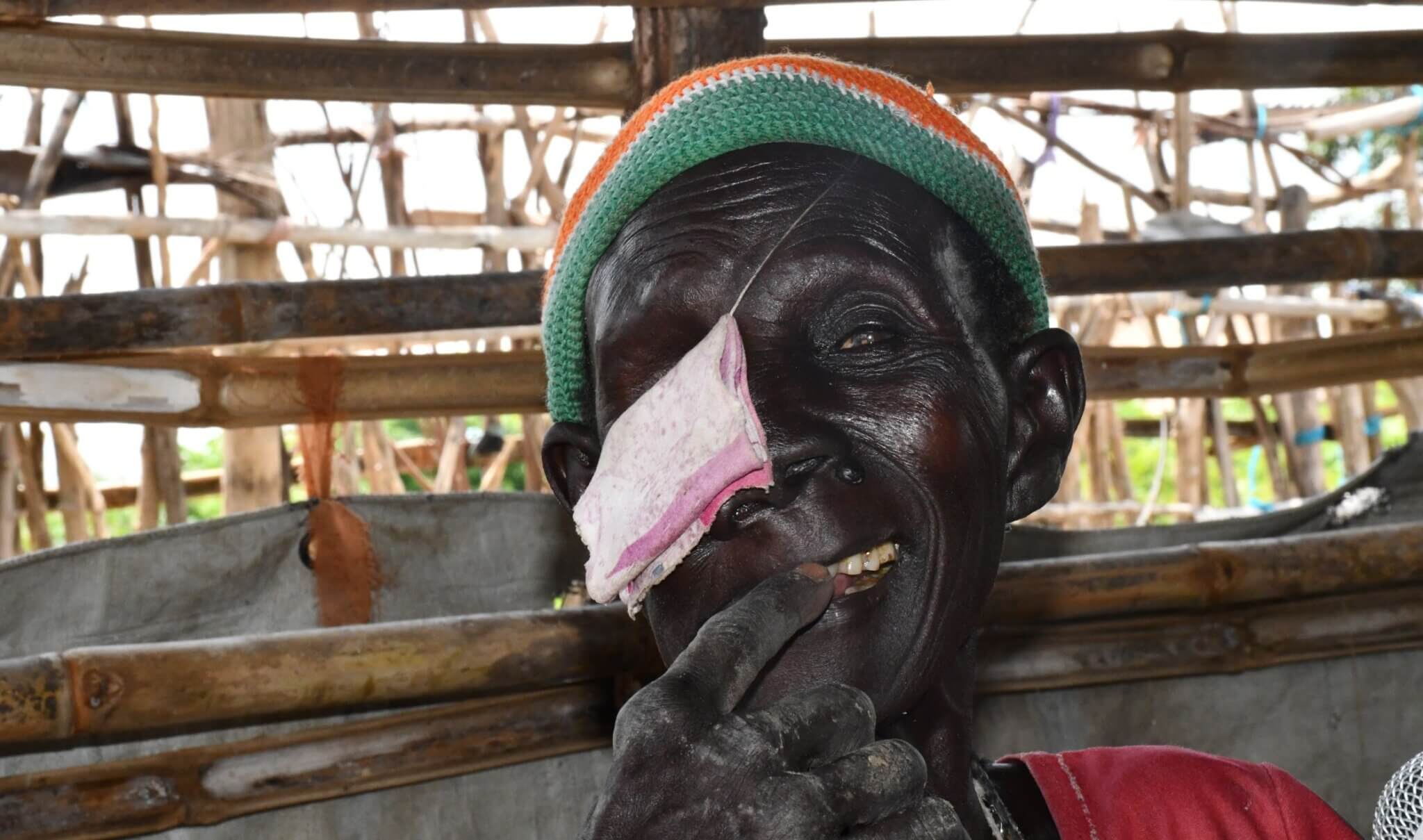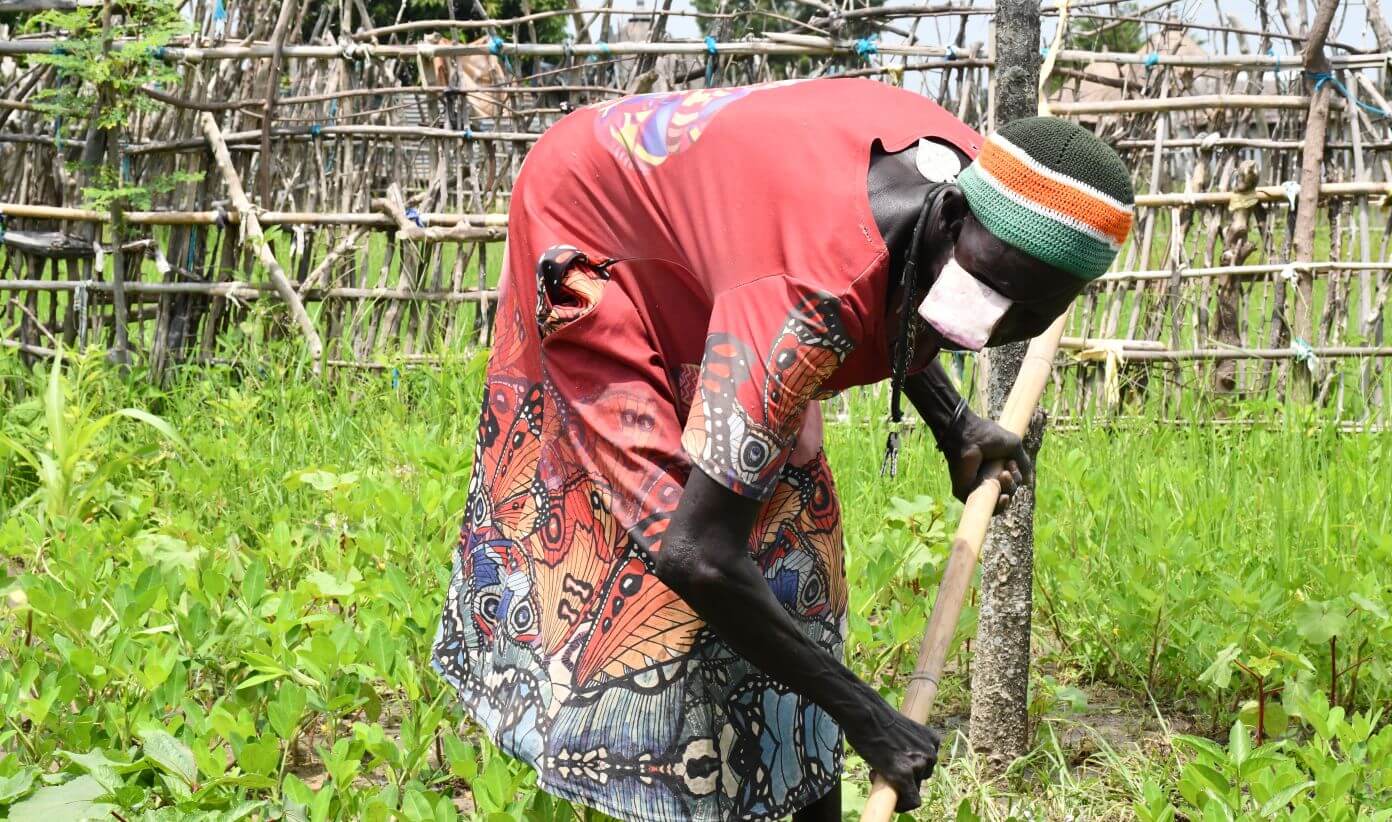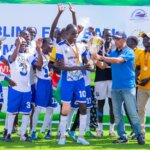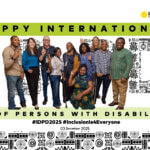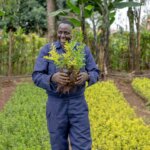- Economic Empowerment
- Disability Rights
- Humanitarian Action
The We Are Able! programme has shown that when people with disabilities take part in decisions about food and livelihoods, whole communities become stronger.
In South Sudan, where more than half the population faces hunger, people with disabilities are often excluded from support systems and decision-making.
Over the past five years, the We Are Able! programme has worked to change that, helping people with disabilities secure food, income and a voice in shaping their future.
The programme has closed in South Sudan with a powerful call to action: food security must include everyone.
Disability-inclusive food security has been strengthened in several ways — from influencing policies to supporting micro-entrepreneurs with disabilities.
We Are Able concludes having supported advocacy efforts of Organisations of Persons with Disabilities (OPDs) and influenced policies, particularly in food security, in Burundi, DR Congo, Ethiopia, South Sudan, Sudan and Uganda.
The programme was run by ZOA Dorcas in consortia with Light for the World, The Hague Academy for Local Governance, South Sudan Union of Persons with Disabilities (SSUPD), VNG International and Africa Disability Forum. We Are Able was funded by the Dutch Ministry of Foreign Affairs.
Building resilience through inclusion
In South Sudan, an estimated 7.7 million people (57% of the population) face high levels of food insecurity. People with disabilities are especially at risk.
We Are Able helped ensure people with disabilities have the means to secure food and not go hungry. Through training, advocacy and targeted support, the initiative has strengthened inclusive governance, improved access to essential services and supported communities to influence the policies that shape their food security.
Fatuma Mahamoud, a 36-year-old widow and mother of five, was struggling to make enough from her small tea business to cover her children’s school fees and medical care.
She was one of 25 women and men with disabilities, as well as parents of children with disabilities, who completed a three-month training programme on Village Savings and Loan Associations (VSLA). VSLAs are self-managed groups who meet regularly to pool savings and access small loans.
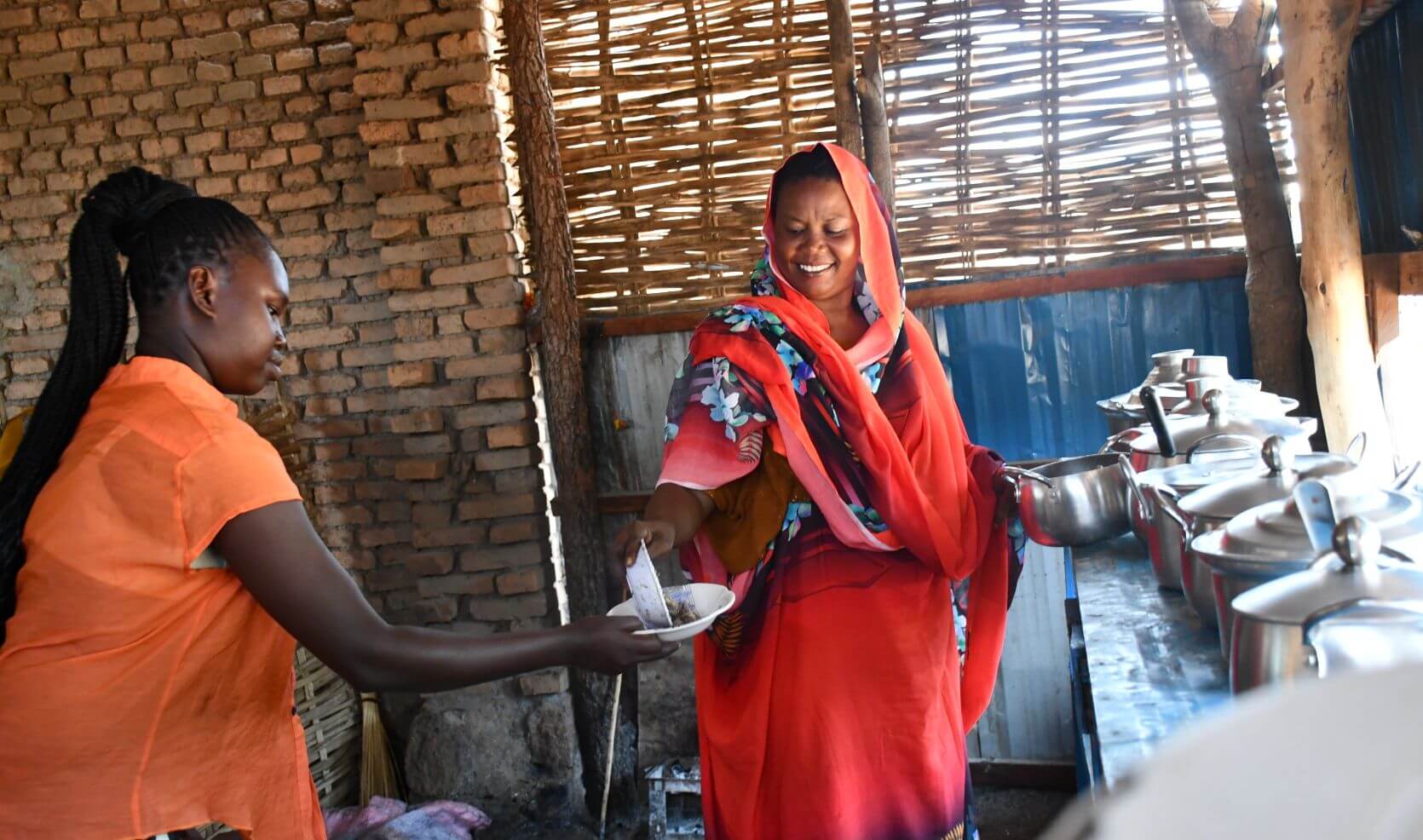
“This savings system not only supported individual businesses, but also promoted growth and expansion within the community,” Fatuma, from Wau, says.
“After joining the programme, I received a lot of support through the We Are Able! project. I was guided on business mentorship, setting up a business and finding strategic locations for smooth operation.”
With startup capital from the VSLA, Fatuma opened a restaurant. Her business is now thriving, with enough income to support her children’s education and healthcare.
“We shall continue growing our businesses with the knowledge we have gained,” she says.
“In the future I would like to venture into big agriculture schemes so that I can bring goods to the market. This will help address food insecurity in our country, South Sudan.”
Fighting food insecurity
Akuch Deng, 50, developed a visual impairment aged 22 after being attacked by her husband. A mother of five, she received business skills training from Light for the World under We Are Able! And is now a member of a savings group in Wau.
With her new skills, Akuch opened a general store, which she runs with her 17-year-old daughter, Nyabeny.
“I was trained on how to start a business, make a profit and handle challenges we were facing from the community. I can now take care of my home and my children,” Akuch says.
“Now that we have businesses, we are respected regardless of our disabilities. My children are attending school, and I feel equal in the community.”
Mary Yar Madut, a farmer from Jonglei State, says her life has been changed by the We Are Able! programme.
Mary, 68, grows crops including maize, peanuts, pumpkin and watermelon to sell at the market. She received training in VSLAs and business skills from Light for the World, as well as a grant for her business. Mary bought pesticides to protect her crops and now sells enough to pay school fees for her grandchildren.
“We are also participating in a sustainable lending system, where each month we contribute communal funding that allows members to borrow for their ventures with the aim of repaying the loans with interest,” Mary says.
“This has helped us fight food insecurity.”
Changing minds and no one left behind
As well as directly tackling food insecurity, We are Able! sought to change community narratives about people with disabilities.
James Mach Nai, from Jonglei State, faced discrimination from a young age.
“Many in my community believed I was bewitched because there were no medical centres at the time. Despite attempts at treatment, I lost my sight,” he says.
With support from Light for the World, James opened a small shop and spoke at community events about the rights of people with disabilities. He is now Head of Finance for a savings group and head of an OPD for people with visual impairments.
He continues to advocate for equal opportunities, including land rights, for people with disabilities.
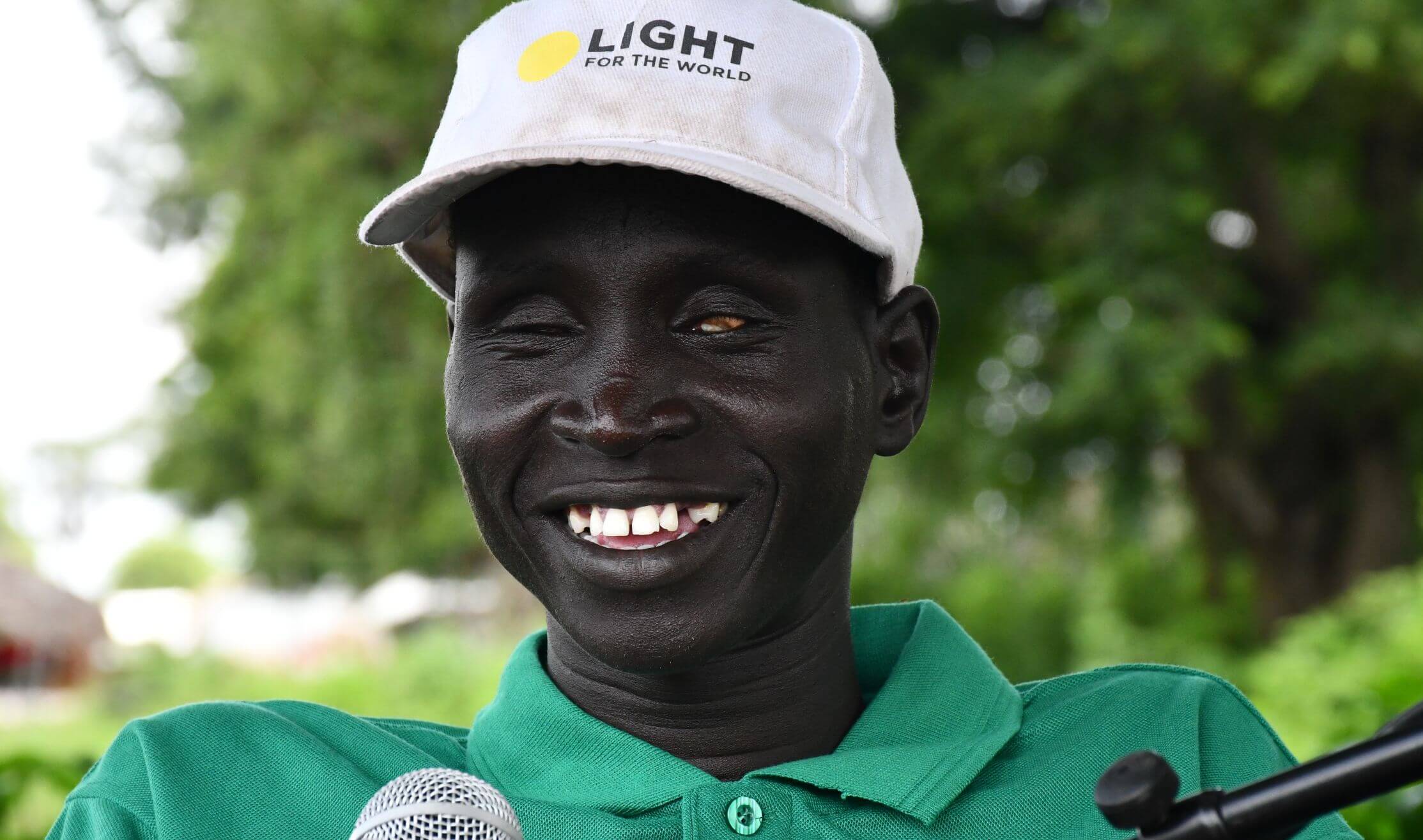
At national level in South Sudan, We Are Able! secured government commitments to advocate for inclusive budgeting and to fast-track a disability bill.
“Everyone has a right to food security and policies must be inclusive by design, not as an afterthought,” says Sophia Mohammed, Country Director for Light for the World in South Sudan.
“Our work proves that when people with disabilities are in the lead, policies are fairer, communities are stronger and no one is left behind in the fight against hunger.”
